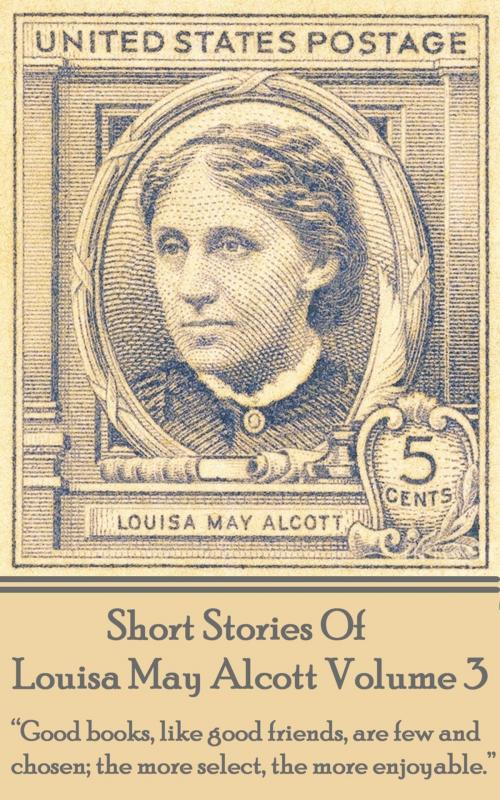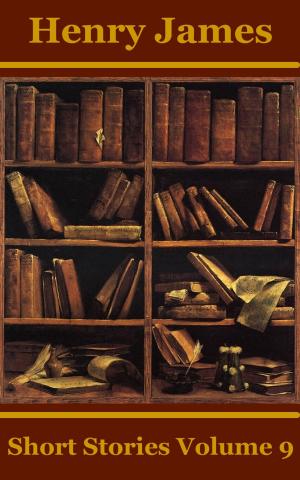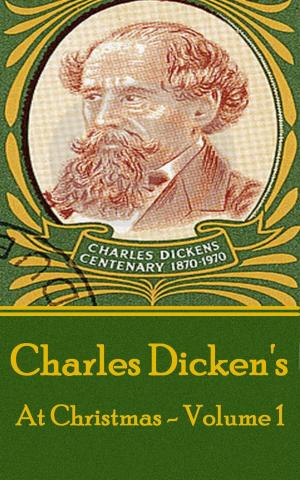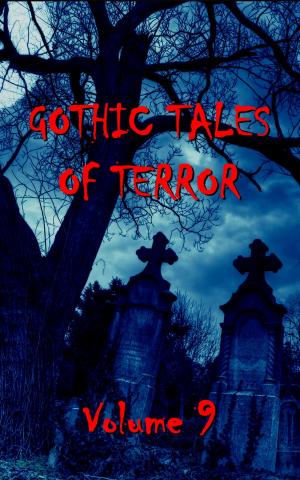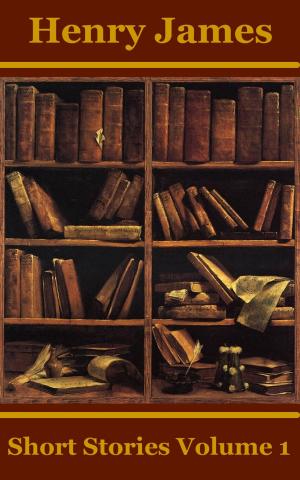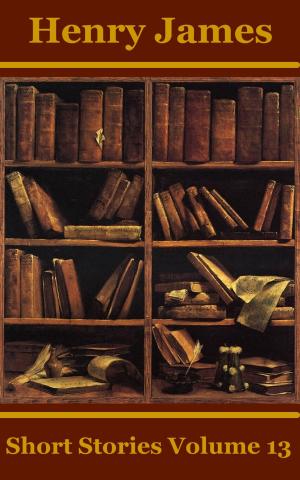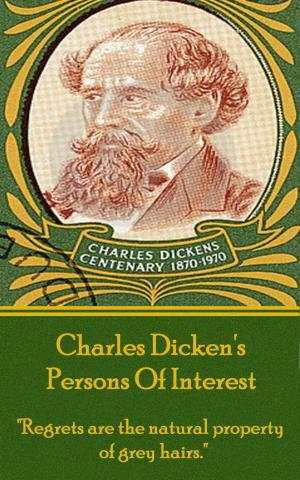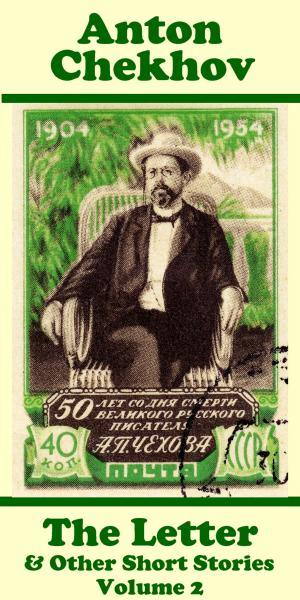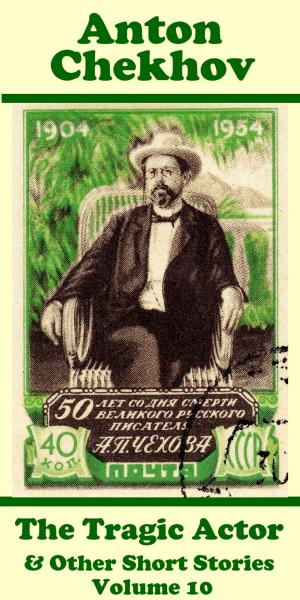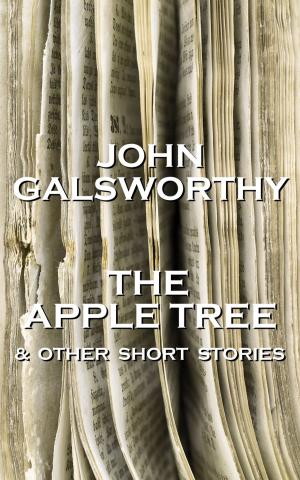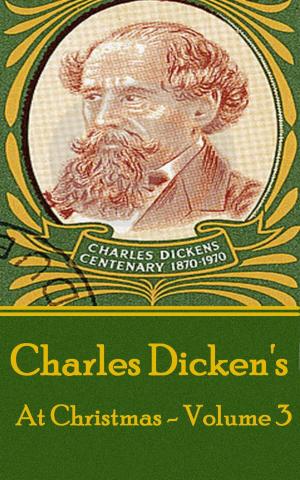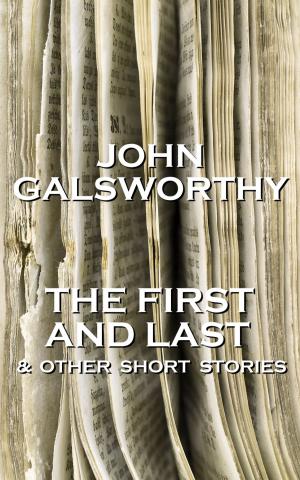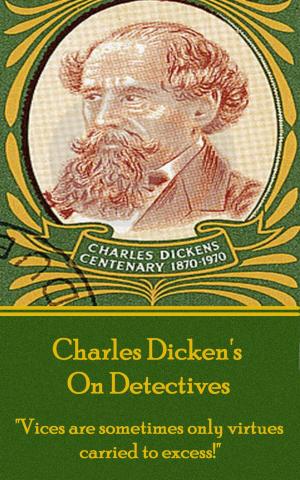Short Stories Of Louisa May Alcott Volume 3
Nonfiction, Entertainment, Drama, Anthologies, Fiction & Literature, Literary Theory & Criticism, Short Stories| Author: | Louisa May Alcott | ISBN: | 9781780004921 |
| Publisher: | Miniature Masterpieces | Publication: | December 15, 2009 |
| Imprint: | Language: | English |
| Author: | Louisa May Alcott |
| ISBN: | 9781780004921 |
| Publisher: | Miniature Masterpieces |
| Publication: | December 15, 2009 |
| Imprint: | |
| Language: | English |
Louisa May Alcott (29th November 1832 6th March 1888) was an American writer of great renown almost entirely due to her book Little Women which continues to captivate each generation since it was first published in 1868. However, her life was unconventional, interesting and provided much material for the gripping and moving short stories featured in this volume. Although born in Pennsylvania, she and her father are more closely associated with Massachusetts where the family moved to and Louisa continued to live until her ill health forced her to move to Boston to be near her doctors. Her father was Amos Bronson Alcott, a transcendentalist, philosopher and educational experimenter who founded, Fruitlands, a utopian community and her mother, Abigail May, was a relative of abolitionist Samuel May. Although poor, her liberal and progressive parents provided Louisa with much of her education, which was enhanced by many family friends that included Henry David Thoreau, Nathaniel Hawthorne and Ralph Waldo Emerson, a neighbour whose library she was often found reading in. She started writing stories as a way of providing the family with some financial stability. During the Civil War she went to Washington to be a nurse and became ill with typhoid fever although continued to write and become successful. However, the treatment for typhus gave her mercury poisoning which was to make her ill for the rest of her life and eventually killed her. Although she didnt marry, her sisters premature death meant she became her nieces guardian and she also adopted her nephew who she had to hire help to look after as she nursed her mother to her death and struggled with her own failing health. She visited her father on his deathbed and died herself two days later so they had a joint funeral. As well as her writings, she was a strong supporter of all womens issues, the anti-slavery movement, temperance and social reform. Her work often reflects on the rich experiences in her life and many of these poignant short stories are a fine testament to this. This Volume includes The Death of John, Rosy's Journey, The Piggy Girl, Cockyloo, A Hole In The Wall, How They Ran Away and The King of Clubs and the Queen of Hearts.
Louisa May Alcott (29th November 1832 6th March 1888) was an American writer of great renown almost entirely due to her book Little Women which continues to captivate each generation since it was first published in 1868. However, her life was unconventional, interesting and provided much material for the gripping and moving short stories featured in this volume. Although born in Pennsylvania, she and her father are more closely associated with Massachusetts where the family moved to and Louisa continued to live until her ill health forced her to move to Boston to be near her doctors. Her father was Amos Bronson Alcott, a transcendentalist, philosopher and educational experimenter who founded, Fruitlands, a utopian community and her mother, Abigail May, was a relative of abolitionist Samuel May. Although poor, her liberal and progressive parents provided Louisa with much of her education, which was enhanced by many family friends that included Henry David Thoreau, Nathaniel Hawthorne and Ralph Waldo Emerson, a neighbour whose library she was often found reading in. She started writing stories as a way of providing the family with some financial stability. During the Civil War she went to Washington to be a nurse and became ill with typhoid fever although continued to write and become successful. However, the treatment for typhus gave her mercury poisoning which was to make her ill for the rest of her life and eventually killed her. Although she didnt marry, her sisters premature death meant she became her nieces guardian and she also adopted her nephew who she had to hire help to look after as she nursed her mother to her death and struggled with her own failing health. She visited her father on his deathbed and died herself two days later so they had a joint funeral. As well as her writings, she was a strong supporter of all womens issues, the anti-slavery movement, temperance and social reform. Her work often reflects on the rich experiences in her life and many of these poignant short stories are a fine testament to this. This Volume includes The Death of John, Rosy's Journey, The Piggy Girl, Cockyloo, A Hole In The Wall, How They Ran Away and The King of Clubs and the Queen of Hearts.
